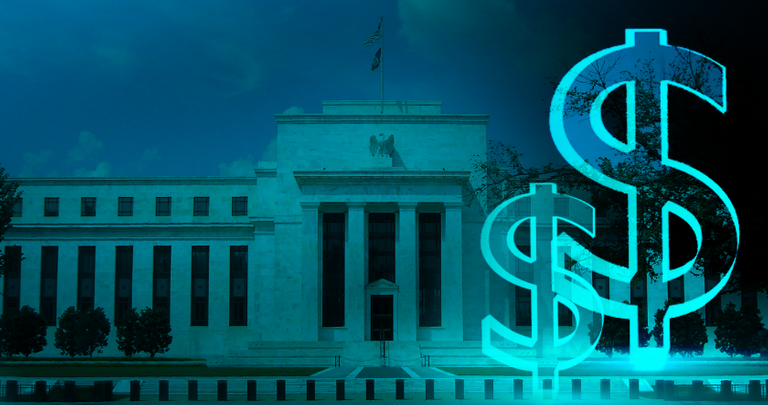
In today's world, the global economy is dominated by capitalism and the interests of big corporations. In the United States, this economic system has evolved into a form of economic totalitarianism, where wealth is concentrated in the hands of a few financial elites while the majority of the population struggles to get by.
Recently, it has been reported that the US government is considering a move to guarantee the $18 trillion in US bank deposits. This move has been presented as a way to protect depositors in case of a financial crisis, but we must question the motives behind this proposal and consider if there are more just and sustainable alternatives to protect the interests of depositors and the economy at large.
Firstly, this move could be seen as a way to protect banks, rather than depositors. Since the financial crisis of 2008, the US banking system has been subject to increased regulation and oversight, which has led to increased security of bank deposits. However, guaranteeing all bank deposits could be seen as a move to ensure the stability of the banking system, rather than protecting depositors.
Additionally, this move could lead to further concentration of wealth in the hands of a small group of financial institutions. If banks know that their deposits are guaranteed, what incentive do they have to offer competitive interest rates or to invest in initiatives that could improve the economy as a whole? It is possible that banks will be less inclined to lend money to small businesses or individuals, which could have a negative effect on the economy as a whole.
We must also consider the viability of the banking system as a whole. Why should the government guarantee all bank deposits, especially if financial institutions are deemed "too big to fail"? Shouldn't there be greater accountability on the part of banks and bankers to protect their depositors' money? If the banking system cannot guarantee the security of bank deposits without government intervention, then we must question the effectiveness and viability of the banking system as a whole.
Furthermore, we must consider that this move could have negative long-term consequences on the economy and society at large. If the government guarantees all bank deposits, who will assume responsibility for investment risk? Will a precedent be set for future financial crises in which banks feel free to take imprudent risks knowing that depositors are protected by the government?
Ultimately, this move raises fundamental questions about the role of government in the economy and the nature of capitalism as a whole. It is important to remember that capitalism, as an economic system, is not inherent to humanity but rather a system created by humans. As such, we must work together to build a fair and equitable economic system that benefits all members of our society, rather than perpetuating the concentration of economic power in the hands of a few financial elites. Instead of relying on government measures such as this, we must explore more equitable and sustainable alternatives to protect the interests of all involved and strike a proper balance between capitalism and government regulation. We must work together to build an economy that values people and the environment, rather than perpetuating the concentration of wealth and power in the hands of a privileged few. Only then can we build a more just and sustainable society for all.

Posted Using LeoFinance Beta